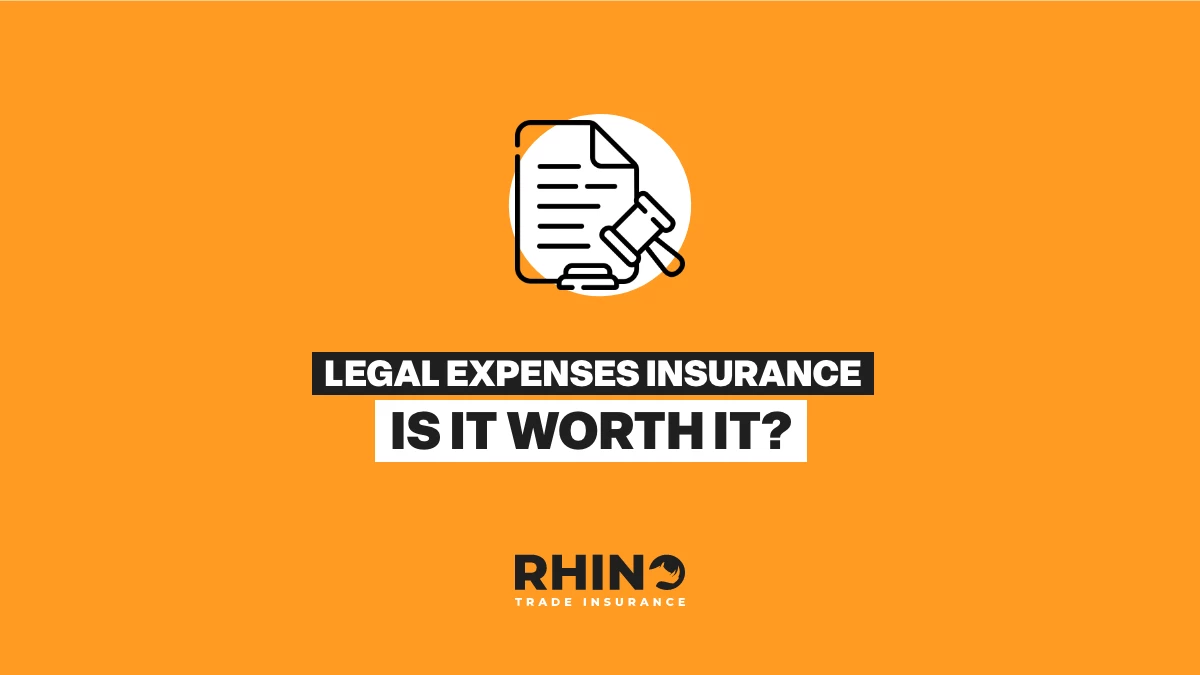
Legal Expenses Insurance – Is it Worth It?
Legal Expenses Insurance for tradespeople explained—what it covers, when you might need it, and how it protects against costly legal fees.
Late on Friday evening (12 June 2020) changes to the flexible furlough schee HMRC announced more details relating to the changes to the Coronavirus Job Retention Scheme (“CJRS”) which will apply from1 July 2020.
The main change was confirmation that the CJRS will close on 31 October 2020.
HMRC had previously announced that from 1 July, employers can bring furloughed employees back to work for any amount of time and any shift pattern, while still being able to claim CJRS grant for the standard hours not worked.
To be eligible for the grant in the period July to October employers must still pay furloughed employees 80% of their wages, up to a cap of £2,500 per month for the time they are being furloughed.
When the employee is working, the employer is responsible for their pay and a claim for these hours cannot be made under the CJRS.
From 1 August 2020, the level of grant will be reduced each month. Also, employers will no longer be able to make a claim under the CJRS for the employer Class 1 NIC contributions or the associated pension employer contributions to the employee’s pension scheme. Employers must now bear these costs themselves.
The timetable for changes to the scheme is set out below. Wage caps are proportional to the hours an employee is furloughed. For example, an employee is entitled to 60% of the £2,500 cap if they are placed on furlough for 60% of their usual hours:

There are no changes to grant levels in June.
For June and July, the government will pay 80% of wages up to a cap of £2,500 for the hours the employee is on furlough, as well as employer National Insurance Contributions (ER NICS) and pension contributions for the hours the employee is on furlough. Employers will have to pay employees for the hours they work.
Employers will continue to able to choose to top up employee wages above the 80% total and £2,500 cap for the hours not worked at their own expense if they wish. Employers will have to pay their employees for the hours worked.
The table shows Government contribution, required employer contribution and amount employee receives where the employee is furloughed 100% of the time.
Wage caps are proportional to the hours not worked.
Legal Expenses Insurance for tradespeople explained—what it covers, when you might need it, and how it protects against costly legal fees.
Worried about a tax investigation? With HMRC cracking down in 2025, Tax Enquiry Insurance from Rhino gives UK tradespeople expert protection and peace of mind.
Rhino Trade Insurance CEO Troy Stevens joins industry leaders at the House of Commons to discuss the rising issue of tool theft—highlighting its impact on UK tradespeople and the importance of awareness and protection.
Tell us your trade and get a tailored insurance quote for your business in seconds
Our team of experts are available to talk to Mon-Fri 08.30-17.30 and Sat 10.00-14.00

